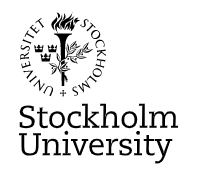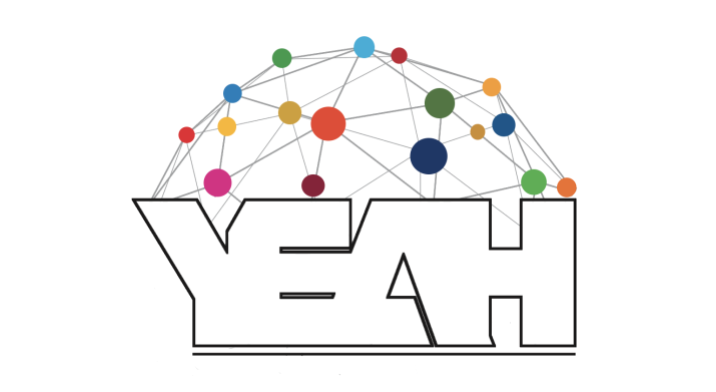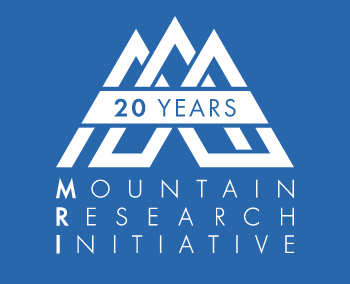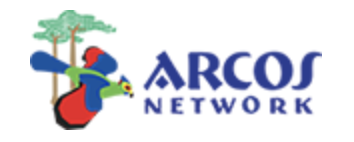
Leadership

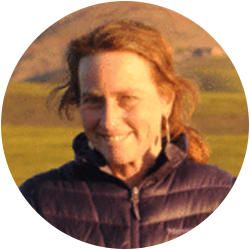
Julia Klein | Colorado State University
Julia Klein is a Professor in the Department of Ecosystem Science & Sustainability and a Research Scientist at the Natural Resource Ecology Laboratory at Colorado State University, traditional homelands of the Ute, Arapahoe and Cheyenne nations. She received a B.A. in Political Science from Cornell University and an M.S. and PhD in Ecosystem Science from the University of California at Berkeley. Upon receiving her doctorate, she was awarded an NOAA Postdoctoral Climate and Global Change Fellowship. The broad goals of Dr. Klein’s research are to understand how interacting global changes affect pastoral and mountain ecosystems and livelihoods; to detect the patterns and underlying mechanisms driving these responses and feedbacks; and to identify actions and pathways towards sustainable futures. Her projects typically combine diverse methods, including experimental manipulations, landscape analysis, local ecological knowledge and modeling. The main geographic focus of her research has been the eastern and central alpine grasslands of the Tibetan Plateau; however, she also works on the shortgrass steppe and alpine region of Colorado and conducts global syntheses of grassland, arctic/alpine and mountain systems worldwide. Dr. Klein leads the U.S.-based Mountain Sentinels Collaborative Network, an international network that seeks to catalyze innovative solutions and actions towards global mountain sustainability through equitable collaboration, Western science, Indigenous ways of knowing, and actions with diverse mountain stakeholders. She is also working on a documentary film focused on a small and dedicated group of people in the Peruvian Andes grappling with the severe and imminent effects of climate change.

Catherine Tucker | Anthropology at the University of Florida
Dr. Catherine Tucker’s work explores human-environment interactions and possible approaches toward local and global sustainability. Taking a transdisciplinary approach, she focuses on change processes and interactions among people, forests, watersheds and food production arrangements in mountain social-ecological systems. Her work integrates political ecology, institutional analysis, and common-pool resource theory, in conjunction with grounded fieldwork with community groups. Much of her work takes place in mountainous regions of Latin America, where she has been studying the challenges faced by agrarian populations to manage their natural resources sustainably and strengthen their resilience to political, economic, and environmental stressors and shocks. Her research involves longterm collaborations with international colleagues working in the natural and social sciences. Currently, she is working on three interrelated research projects: (1) Coffee farmers’ adaptations to market volatility, climate change and environmental transformations in Central America and Mexico; (2) Community-based protected area management and water conservation in the Montaña Campara Watershed Reserve in western Honduras; and (3) The successes and shortcomings of alternative and fair trade certifications for coffee producers in Mexico, Guatemala, Honduras and Costa Rica. These projects intersect with broader interests in globalization, international policy arenas, and consumption patterns as critical dimensions in societal and ecological processes. Together these areas of research provide an integrated foundation for identifying contexts and opportunities that may foster greater sustainability and equity.
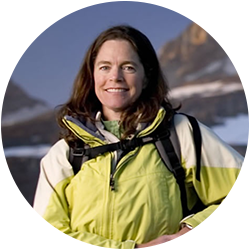
Anne Nolin | Oregon State University
Dr. Anne Nolin is a Professor in the College of Earth, Ocean, and Atmospheric Sciences at Oregon State University where she leads the Mountain Hydroclimatology Research Group. Her research focuses on the interactions of climate with mountain snowpacks and glaciers, and mountains as social-ecological systems. Funded by NASA, NSF, and USGS she has published on “at risk” snow, melting glaciers from Alaska to the Andes, and new ways of mapping snow and glaciers from space. Dr. Nolin received her Ph.D. degree in Geography from the University of California-Santa Barbara in 1993. From 1993-2002, she worked as a Research Scientist at the University of Colorado, spending several field seasons on the Greenland ice sheet. In 2002, Dr. Nolin joined the faculty of the Department of Geosciences, Oregon State University. She is a member of the NASA Science Team for the MISR instrument and has won two NASA group achievement awards. She has served as an Expert Reviewer for IPCC AR4, and Associate Editor for Water Resources Research, The Cryosphere, and the Journal of Hydrometeorology. In 2009-2010 Dr. Nolin received an Erskine Fellowship at the University of Canterbury, New Zealand and held the Landolt Chair in Sustainable Futures at EPFL in Lausanne, Switzerland. Dr. Nolin teaches undergraduate and graduate courses in snow hydrology, climatology, mountain geography, satellite remote sensing and digital image processing.
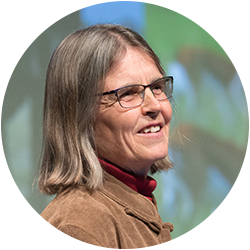
Robin Reid | Colorado State University
Dr. Robin Reid is a Professor of the Department of Ecosystem Science and Sustainability and the Director of the endowed Center for Collaborative Conservation at Colorado State University, Fort Collins, Colorado, USA. She is also a faculty member the Graduate Degree Program in Ecology and a Senior Research Scientist at the Natural Resource Ecology Laboratory. Robin spent 20 years in east Africa, working for CSU and then the International Livestock Research Institute (ILRI) in Nairobi, Kenya, where she led research, education and outreach on conservation and pastoral development issues in Africa, Latin America, and Asia. She now leads work on how to make science a catalyst for transformative social action. Robin also works with teams to use collaborative action to make progress on complex problems of society and the environment in the western US, Mongolia and east Africa. She has published widely in interdisciplinary science. Her team won the 2012 Sustainability Science Award from the Ecological Society of America and she also published the book, Savannas of Our Birth, in the same year.
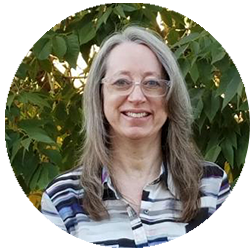
Timberley Roane | University of Colorado Denver
Roane focuses her research on how microorganisms, especially bacteria, have amazing abilities to withstand disruptive and toxic conditions, such as those presented by human pathologies and chemical exposure. Her program is interested in how to use these abilities to mitigate and restore essential system functions.
Research in Roane’s laboratory combines conventional, molecular, and biochemical approaches to studying the microbial ecology of unique and disturbed systems while striving to apply laboratory research findings to real-life applications. Her program is student-oriented in both the laboratory and classroom and her goal is to use microbiology to help students respond to emerging societal needs.
Her current projects include elucidation of the mechanism of cadmium-resistance in a new species of the bacterium
Pseudomonas and elucidation of identity and functionality of bacterial communities associated with
pediatric eczema. As well as determination of the functional roles of bacteria associated with a rare, metal-
impacted wetland fen system and identification of bacterial community profiles indicative of environmentally-associated
metal toxicity.
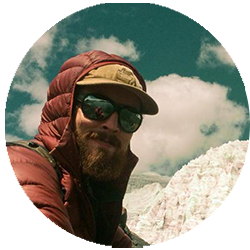
Sam Hulsey | Mountain Sentinels Fellowship Coordinator
A recent graduate of Middle Tennessee State University with degrees in Spanish Language and Cultural Geography, Sam currently resides at 12,000 feet above sea-level in the rural community of Cachipampa in the heart of Peru’s Cordillera Blanca Mountain Range. Originally from Nashville, Tennessee, Sam moved to Peru in 2016 where he has since been working closely with Mountain Sentinels PI, Dr. Julia Klein, as field producer for a feature-length documentary film focusing on the social impacts of melting glaciers in the Andes. When he’s not playing the banjo, Sam can be found running and biking the local high-mountain trails, practicing his Quechua language skills with the pastoralists he meets along the way.






